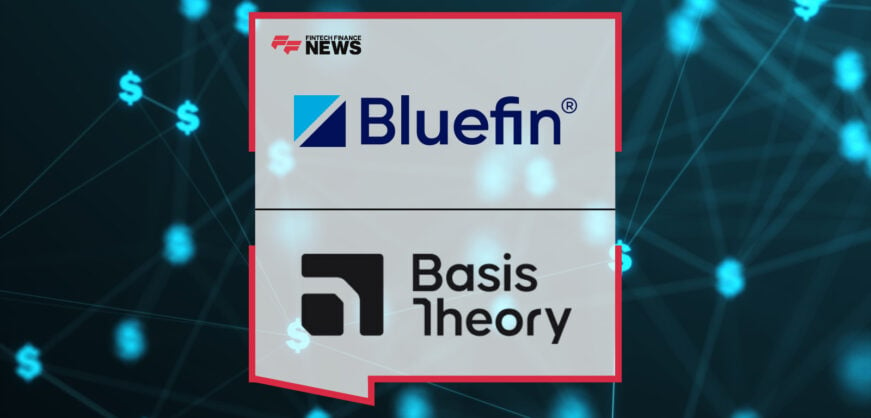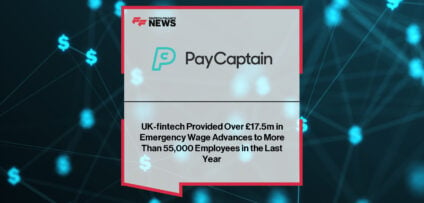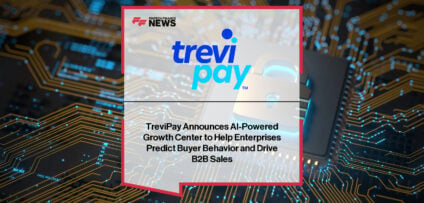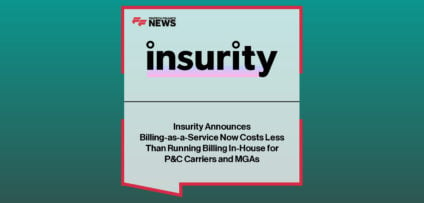Breaking News

So You Offer Online Banking, What Next?
Dan Rowinski, digital analyst at Applause, the world’s largest crowdtesting community, outlines some top tips for retail banks looking to succeed in a digital landscape
We can be forever thankful that since the internet boom of the early 2000s the age of waiting in line at the bank is well and truly over.
While this is great news for consumers and banks alike, fintech and alternative finance players continue to take market share, so the pressure is on for banks to offer a service that keeps their customer base growing. All physical and digital channels should be completely integrated to provide a seamless customer experience no matter how they choose to engage. Bank app and online functionality is often similar across the major players, but there are some key areas in which banks can get ahead of the competition.
Embrace open banking
If banks create APIs, it means they can open up their enormous wealth of data to allow third party developers to build services on top of their current offerings. This is called ‘open banking’. It works on a ’push and pull’ basis. The push method involves banks pushing out their resources and data to developers, allowing them to build consumer features. The spread of the data means that banks can develop an ecosystem around its services.
Alternatively, banks can ‘pull’ in data, functionality and services they’re lacking through third-party APIs. Through this external data, banks can corroborate their core offerings and make the move into new markets.
The pull side is far more common. Since it’s unlikely that banks build features through their own developers or expertise, they often have no other option than to outsource development to agencies or SAAS development company. But by using external developers, banks can strengthen their network and create more features to help consumers.
Get rid of the old infrastructure
According to Capgemini consulting group, 87% of banking executives don’t have confidence in their core systems’ ability to keep up with demand. The study showed 80% of banks were considering an overhaul of their core infrastructure within the next five years in 2015.
The numbers speak for themselves. Revamping existing infrastructure is vital if banks want to tap into their data and add new features. Did you know that data for desktop website banking and in-person branch banking are often kept on separate servers? This cuts all the data gleaned from email marketing from the websites and apps people actually want to use.
The only way to fix this is to gut the core systems and move into a the cloud. This may take time, but it’s worth it to allow data to flow freely, send updates swiftly, and draw out insights without a hitch.
The benefits of an infrastructure update can be a slow burn, which is why some banks are hesitant to invest straight away. But in the long run, system upgrade is a crucial part of becoming agile, dynamic and competitive in this industry.
Personalise the experience
Banks have a thorough understanding of both the markets and consumer financial behaviour. By using both sides of the data model, banks can create an analytics dashboard that matches and accommodates the needs of each and every consumer, with the aim of becoming real-time advisors both face-to-face and via automated channels.
In order to tailor a programme to a customer looking to apply for a mortgage, you need to be clued up on the individual’s spending habits and portfolio as well as closely monitoring the markets. Through this combination of data, the bank can advise the customer on exactly the right time and conditions to make their mortgage application.
Most importantly, the banks need to think about the whole customer experience and customer journey while they’re introducing new features. This includes researching and understanding how competitors may already be using them, and validating that they are useful and convenient. Using your most trusted clients for this research can be a great way to ensure that the functionalities not only make sense but are useful for their specific needs.
Be open to fintech partnerships
Fintech companies may appear to be taking over, but banks have an enormous advantage as the central hub for financial data. The vast majority of consumer transactions that take place electronically involve a bank. You pay with a bank-issued card, the technology partner processing the transaction takes the money from the bank, where it runs through the payment networks and – yep, you guessed it, it goes back to the bank.
But fintech provides an enormous opportunity for banks. Banks can and should take the opportunity to partner with fintech firms. Of the 65% of US customers that have a relationship with at least one fintech firm, 82% of these cite ‘ease of use’ as the reason they use a fintech service. The primary areas for opportunity include:
- Cards and payments
- Loans
- Financial awareness
- Accounts and investments
- Financial advice
- Mortgages
Despite their growing popularity, Capgemini’s data shows that consumers trust fintech companies more than banks. This has enormous bearing on the debate currently raging among banking industry executives about whether or not banks should enter the digital wallet/payments space.
Banks should embrace the opportunity presented by the fintech boom. Banks can cooperate with fintech companies to build either their own branded digital wallets that work on their (upgraded) infrastructure. Partnerships provide the opportunity for banks to move to the centre of the digital space, demonstrate product innovation, and most importantly stay relevant to their users. It’s too good to miss.
- Bluefin and Basis Theory Partner to Enable Unified Tokenization Across Digital and In-Person Payments Read more
- Invest Bank and AUTON8 Build Partnership to Drive Digital Resilience and Banking Agility Read more
- ING’s AI Roadmap: Platform, People, and Agentic AI Read more
- UK-fintech Provided Over £17.5m in Emergency Wage Advances to More Than 55,000 Employees in the Last Year Read more
- TreviPay Announces AI-Powered Growth Center to Help Enterprises Predict Buyer Behavior and Drive B2B Sales Read more










